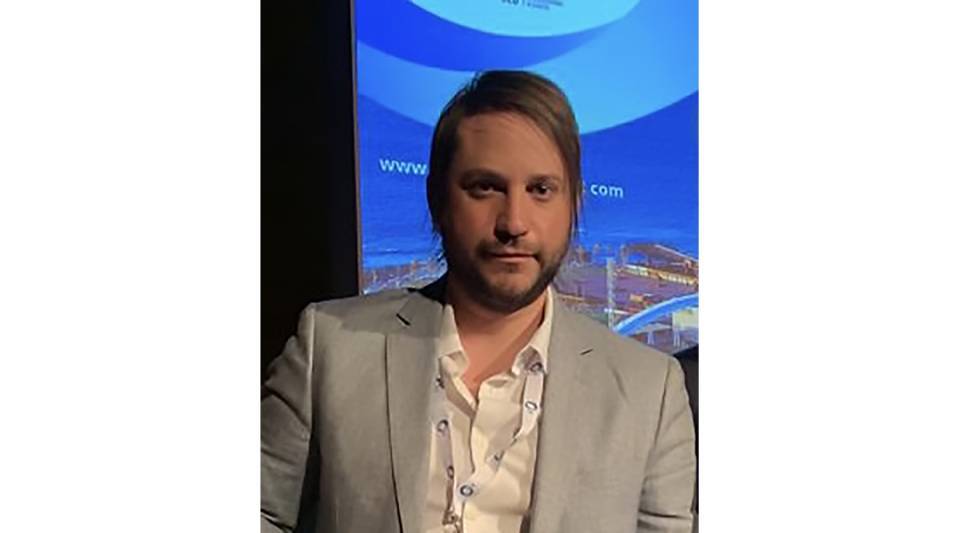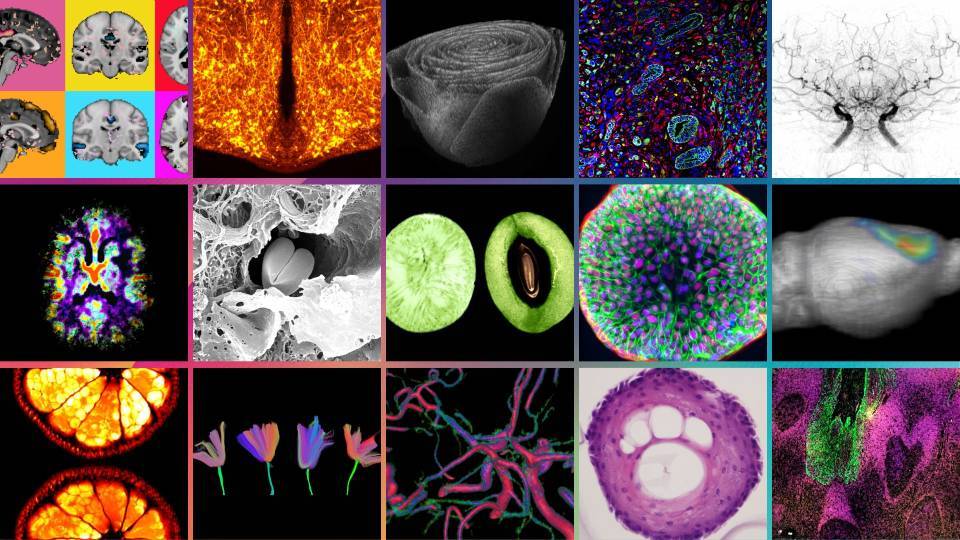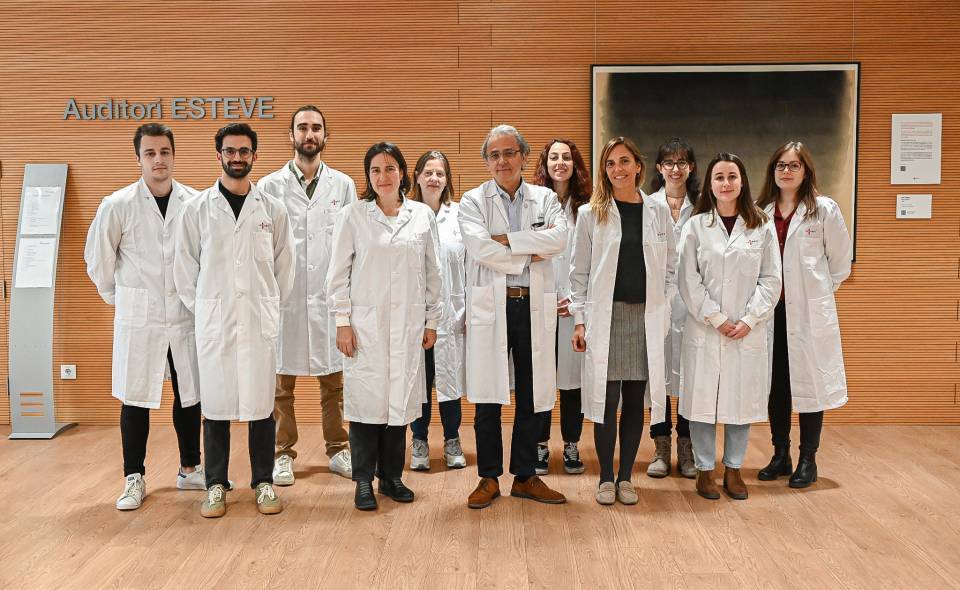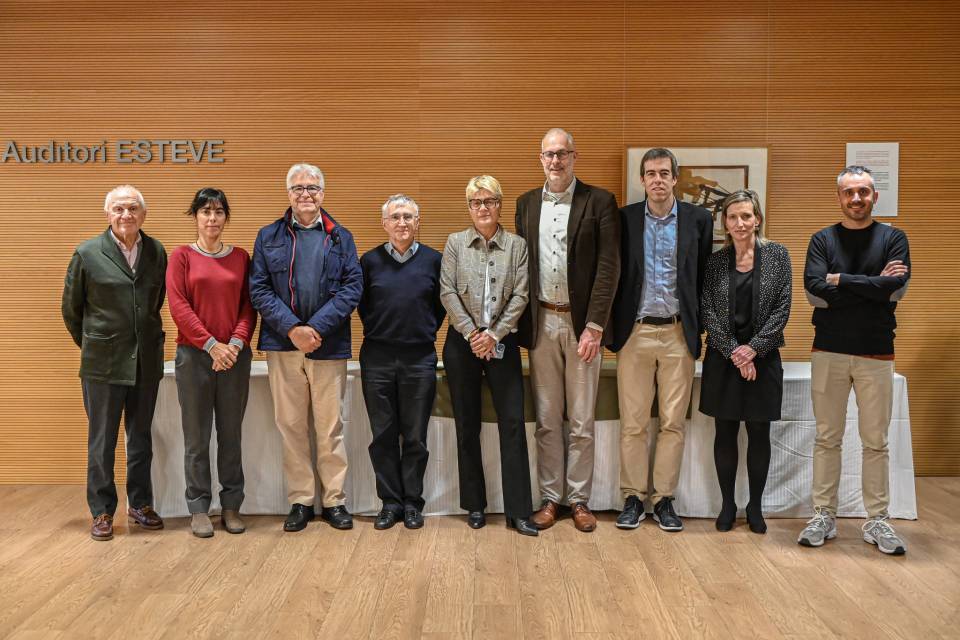The José Antonio Hedo Award aims to promote excellence in basic research in diabetes among young Spanish researchers, under the age of forty. The name of the award is a tribute to Hedo, an internationally recognized Spanish researcher in the field of diabetes pathophysiology.
In this year's edition, Carlos Castaño, a researcher from the IDIBAPS group Pathogenesis and prevention of diabetes, led by Anna Novials and from CIBERDEM, received the award in recognition for his contributions in the field of exosomal miRNAs as biomarkers of diabetes. "My research focuses on the study of these small RNA molecules, which circulate in the blood inside vesicles called exosomes. Specifically, I am evaluating their potential as biomarkers to follow the progression of diabetes in humans; as well as their role in metabolic alterations associated with obesity or as mediators of the beneficial effects of exercise on metabolic processes, in mice."
Castaño has seen that the treatment of obese mice with exosomes, which contain a combination of molecules capable of inhibiting miRNAs increased by obesity and mimetics of miRNAs associated with exercise, improves glucose intolerance and insulin resistance. These data reinforce the idea that manipulation of these circulating vesicles and their miRNA content may offer new therapeutic strategies for obesity and diabetes treatment.
For the researcher, the award is a personal recognition of all the years dedicated to basic research. "However, the importance of having a great collective team behind should be emphasized. Therefore, I am grateful to all the people and institutions, whose efforts and support have made it possible for me to receive this award."




